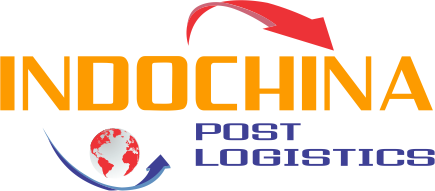Logistics, often known as logistical planning, is the process through which a company coordinates its supply chain activities. It encompasses a wide range of duties and operations, such as controlling how raw materials or inputs are obtained and delivered to the business, how inventory and inputs are held at the firm’s facilities, and how inventory is transferred inside and beyond the business.
Suppliers and distributors are among the many stakeholders engaged in the supply chain process. Each represents a specific risk to the organization, therefore it is critical to thoroughly assess each entity’s accessibility and efficacy.
Contents
Logistics’ Role
Logistics are critical to the efficient running of a firm. However, because of the sheer amount of variables and demands that such a system is subject to, running a faultless logistics division at scale is exceedingly challenging.
Logistics is the business function in charge of “getting the right thing in the right quantity at the right time at the right place for the right price in the right condition to the right client.” As a result, it is critical for businesses to invest in their logistics divisions to ensure optimum client happiness and overall productivity.
Inbound Transportation
Internal logistics tasks and operations that firms must accomplish in order to function are referred to as inbound logistics. Inbound logistics is commonly used to describe the logistical activities of firms that operate relatively upstream (B2B).
In terms of the supply chain, it entails relationships with parties that operate upstream of the provided firm. Depending on the industry, the stakeholders involved in the upstream process may differ considerably in their activities.
Consider the role of a vehicle manufacturer. Inbound logistics for manufacturing would include obtaining raw material inputs (sheet metal, glass, wire, plastics, and so on), storing the materials in preparation for and throughout the assembly process, and managing the flow of completed vehicles that leave the facility.
The incoming logistics would differ from the standpoint of an upstream actor, such as the metal foundry that manufactures the sheet metal. Inbound operations would involve acquiring raw materials like metal ores, storing and utilizing the resources in production, and controlling the flow of finished goods.
Outbound logistics
Outbound logistics refers to the duties and activities involved in transporting a product to its final destination. Such logistical responsibilities are typically assigned to parties operating somewhat downstream, who are typically the final party in the supply chain. Duties include storing manufactured inventory, transporting manufactured items to the point of sale, and, on occasion, shipping and handling to deliver specific products to the end-user.
Returning to the auto manufacturing example, the wholesalers and dealers are the parties involved in the supply chain’s outbound logistics. Factory operations would be responsible for ensuring that the correct amount of requested goods gets to the dealer on time.
In turn, the dealer would be in charge of organizing the storage and care of the automobiles on its lots, as well as the delivery and processing of vehicles purchased by consumers in remote locations.

